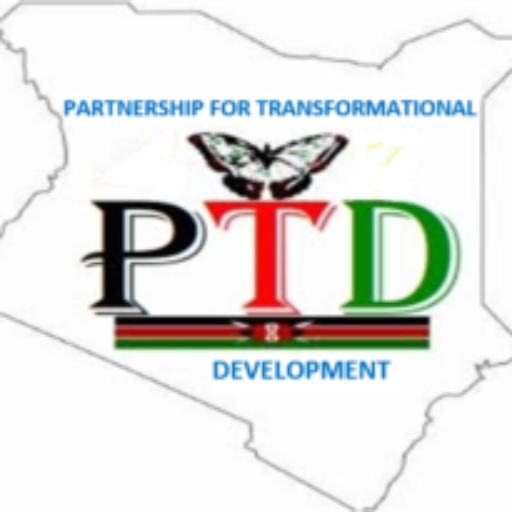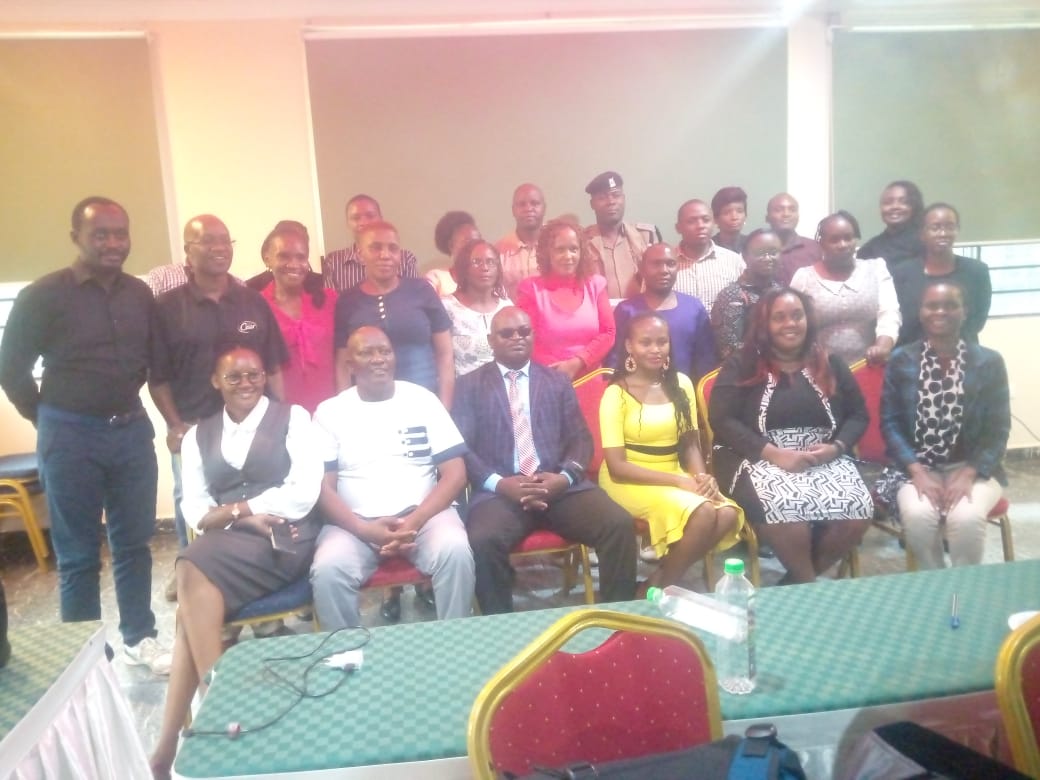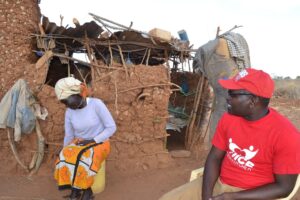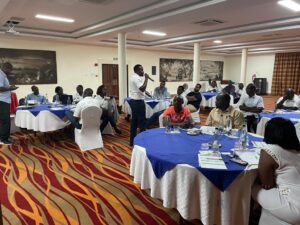Intersex people in African countries face a lot of challenges including employment and education discrimination, access to health care services, social stigma and prejudice and legal recognition because their sexual anatomy does not fit into the description of male or female.
Traditionally, African communities believes intersex people are born either unclean, bad omen or possessed with evil spirits, religious believes intersex people were born out of evil spirits and they would be cleansed without changing their identity.
Kenya was the first African country to recognize intersex people in the 2019 census accumulation journey which has been fought in the streets, courtrooms and parliament.
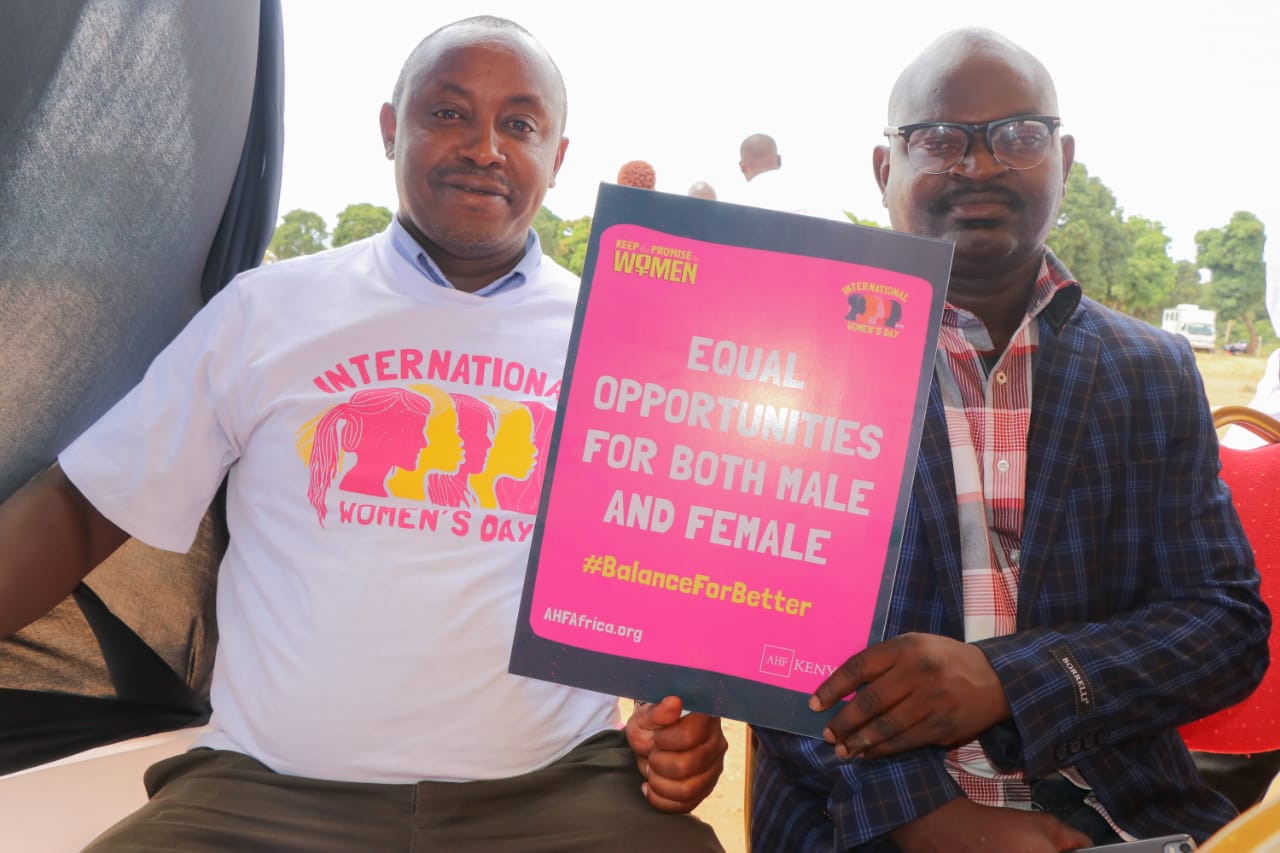
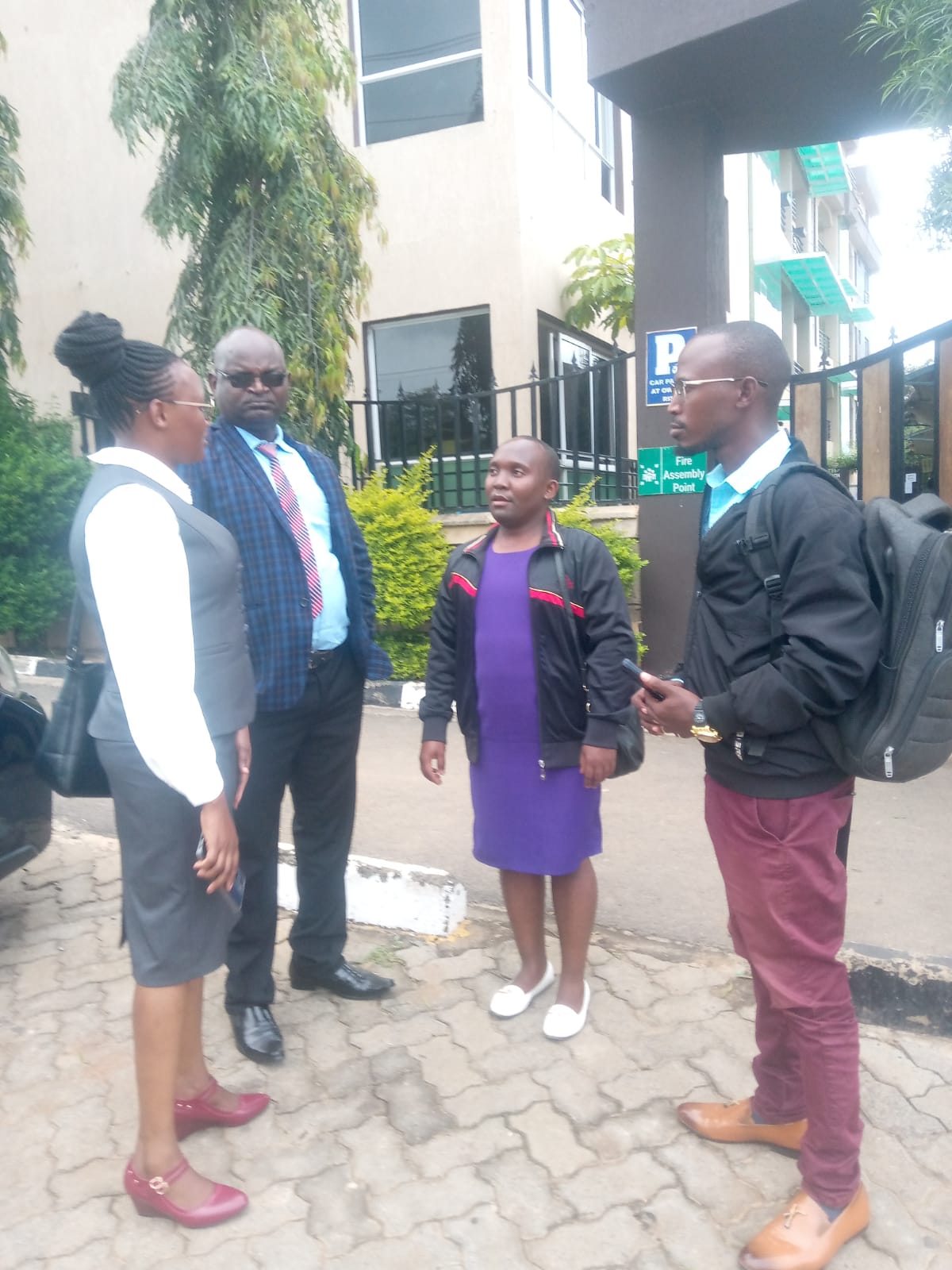
However, Kenya does not have specific legal provisions for intersex individuals. This lack of legal recognition can result in difficulties in obtaining official identification documents, such as birth certificates or identity cards, that accurately reflect their intersex status.
2019 census data revealed that Kenya has 1,524 intersex people. This data was released by the Kenya National Bureau of Statistics (KNBS) whereby Nairobi County recorded the highest number of intersex people with 245, Kiambu,135 and Nakuru 95.
The Kenya National Commission on Human Rights (KNCHR) is currently conducting public participation in 24 counties on the intersex bill 2023, a bill for ACT of parliament to provide for the recognition, protection and safeguarding of intersex human rights in kenya, to provide for equalization of opportunities, affirmative action and non-discrimination of intersex persons.
The ACT will include requirement for registration of births, amendment of official documentation by intersex persons and amendment of particulars in to identify documents.
The KNCHR CEO Dr. Benard Mogesa says the commission is subjecting a bill that will protect intersex persons and the commission has been working with stakeholders and drafted this bill which they are subjecting to Kenyans for public participation.
“We are conducting public participation for members of the public and duty bearers so that we can polish up this bill so that other process of ensuring its enacted into law will follow thereafter,” says Mogesa.
Juliet Maganya from the Child Rights International network and also a member of Intersex Persons committee (IPC) which was put in place by the attorney general to give effect to the findings of the taskforce of the intersex persons.
Maganya says the taskforce found out that intersex persons face discrimination and harassment in educational institutions and workplaces due to their intersex variations. This discrimination can limit their educational and employment opportunities and contribute to social marginalization.
Intersex infants and children in Kenya often face non-consensual and medically unnecessary surgeries, including genital surgeries, to conform to societal expectations of binary sex. These interventions can have long-term physical, emotional, and psychological consequences.
Intersex children in Kenya often face non-consensual and medically unnecessary surgeries, including genital surgeries, to conform to societal expectations of binary sex. These interventions can have long-term physical, emotional, and psychological consequences.
Conclusion
In a nutshell, Access to appropriate healthcare for intersex people in Kenya is often inadequate. They may face challenges in finding healthcare professionals who are knowledgeable about intersex variations and can provide sensitive and informed care.
There is a limited availability of support services, such as counseling and peer support groups, specifically tailored to meet the needs of intersex people in Kenya. This lack of support networks can exacerbate feelings of isolation and contribute to mental health challenges.
